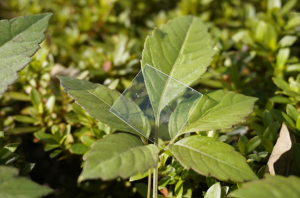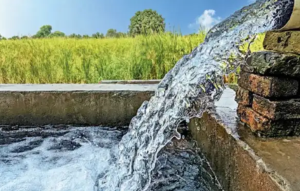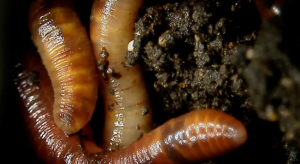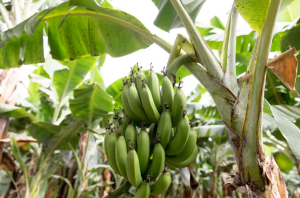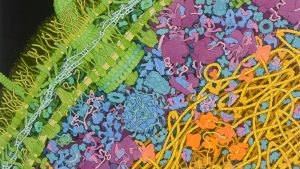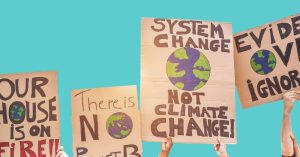
Climate Change’s Silent Victims: Urgent Action Needed for Biodiversity
As the globe hurtles toward a climate tipping point, the discourse on climate change has rightly focused on rising temperatures, environmental disasters, and human displacement. Yet amidst these loud alarms, the cries of another set of victims are barely heard—the vanishing species and collapsing ecosystems that form the biodiversity of our planet.
India, one of the 17 megadiverse countries in the world, is witnessing an alarming rate of species extinction and habitat loss. The situation demands not just environmental awareness, but urgent legal reform that aligns biodiversity protection with climate change mitigation.



